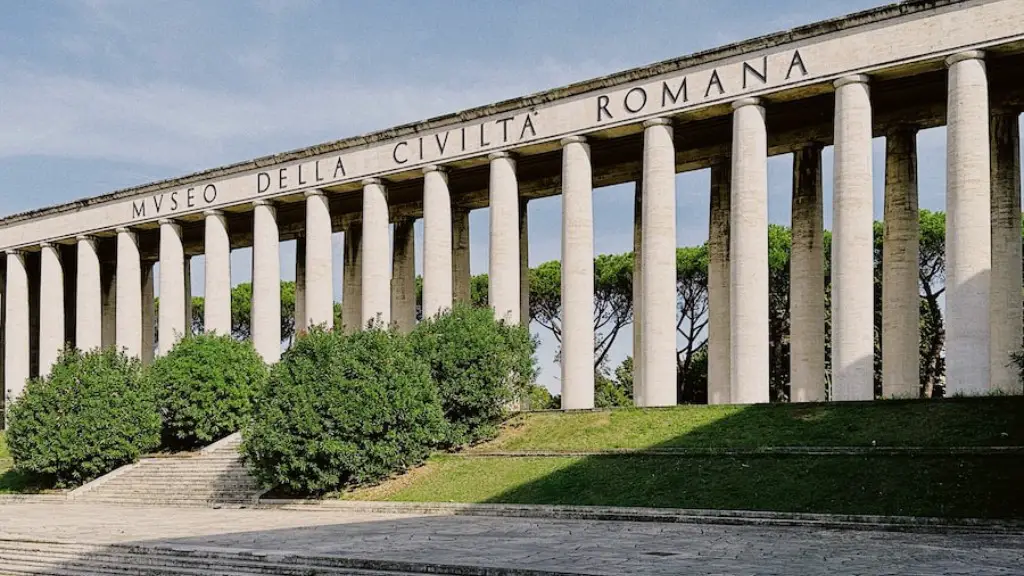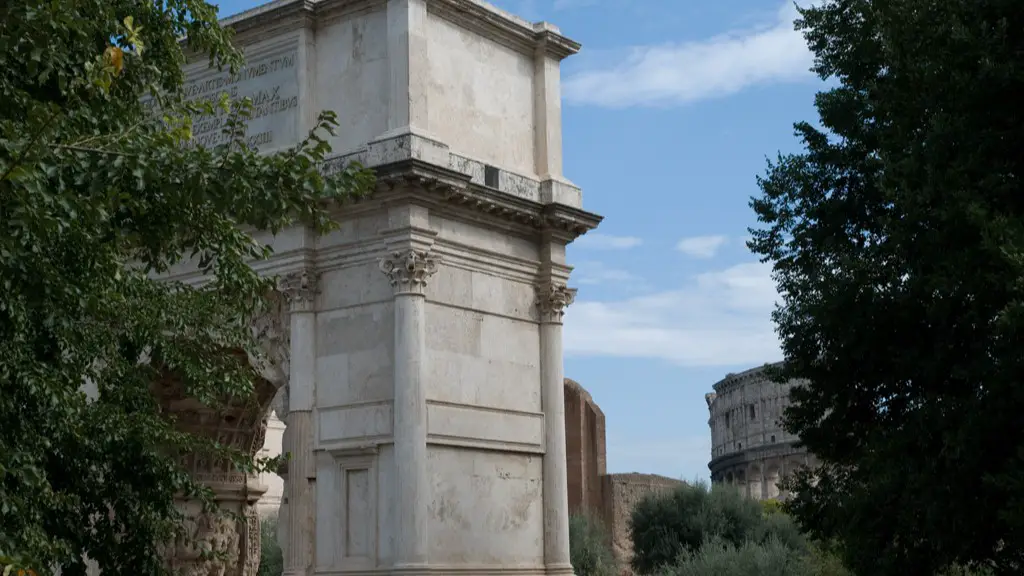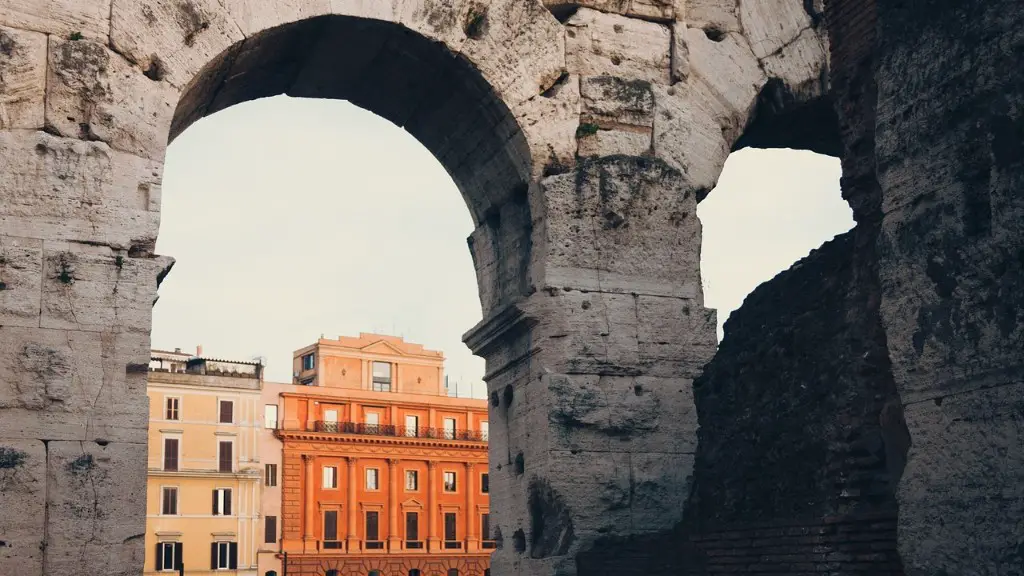Tribunes were one of the most important offices in ancient Roman society. They were elected to represent the Roman people and protect them from the tyranny of the Senate and other powerful individuals. In the Republic, they had the power to veto any bill passed by the Senate and to challenge the decisions of magistrates. The tribunes’ powers, however, were not absolute. They had to obey the law, and their power could be overruled by a dictator in times of crisis.
The origin of the tribunes can be traced back to an ancient tradition of plebeian councils. In the fifth century BCE, the Romans held assemblies of the plebeian council, where the plebeians were represented by two elected tribunes. As Rome expanded, the plebeian councils became more and more important, and the tribunes became a powerful and influential force in the Republic. By 450 BCE, there were ten tribunes, four of which were elected by the people. This number was doubled in the fourth century BCE. During this time, the tribunes gained some of their most significant powers, including the power to veto any legislation passed by the Senate.
The tribunes’ role was complex. On the one hand, they were a link between the people and their patrician rulers. They could act as a mediator between the two, preventing the plebeians from suffering any injustice at the hands of the patricians. On the other hand, they could use their authority to protect the rights of the plebeians and demand reforms from the Senate.
One of the tribunes’ primary roles was to protect the plebeians from exploitation. The tribunes had the power to intercede on the plebeians’ behalf if they were unfairly treated, and they could also initiate laws to improve the situation of the plebeians. For example, in 449 BCE, the tribune Spurius Genucius passed a law that granted plebeians the right to marry patricians. This law was an important step in granting the plebeians more equality.
While the tribunes were an important part of the Roman Republic, their power eventually declined. In the first century BCE, the office began to be filled with people who merely sought power and influence. As their power declined, the office became more of a symbolic office, and its importance gradually faded away.
Despite their decline, the tribunes were a key part of the Roman government. They were the people’s representatives and their voice in the Senate. They served as a reminder that while the Republic was an oligarchy, it was still rooted in popular rule, and the people had a say in the decisions of their government.
Role of Tribunes in the Roman Republic
The tribunes were an essential part of the functioning of the Roman Republic. They had the power to protect the plebeians from the arbitrary decisions of the Senate, and they were crucial in the development of Rome. The laws they passed and the reforms they initiated played a vital role in creating a fairer society. By granting the plebeians more rights, the tribunes created a more equal society, and this was an important step in the growth and stability of Rome.
Difficulties Faced by the Tribunes
Despite their important role in the Republic, the tribunes faced many difficulties in their work. As with any powerful office, they were subject to corruption and bribery. The tribunes’ authority was also limited and they could be overruled by a dictator in times of crisis. Furthermore, their power gradually declined due to their own ineffectiveness and the increasing power of the Senate.
Tribunes in Different Periods of the Roman Republic
The role of the tribunes changed a lot throughout the Republic’s history. In the early Republic, the tribunes were respected and played an important role in the functioning of the state. However, in the later Republic, their power and importance diminished. In the Imperial period, the tribunes were little more than figureheads, with no real power.
Significance of the Tribunes
Despite their decline, the tribunes were a crucial part of the Roman Republic. They served as a reminder to the patricians that the people had a say in their government, and they played an important role in ensuring that the plebeians were not exploited by their rulers. Furthermore, their laws and reforms played a key role in creating a fairer society, which was essential to the stability of Rome.
Legacy of the Tribunes
The legacy of the tribunes is still present in today’s democracy. In modern democracies, elected representatives protect the people’s rights and ensure that their voices are heard. This is a direct descendant of the Roman tribunes, who were elected to represent the people and protect their interests. Their legacy lives on in today’s democratic systems, and serves as a reminder of their importance in the history of Rome.


